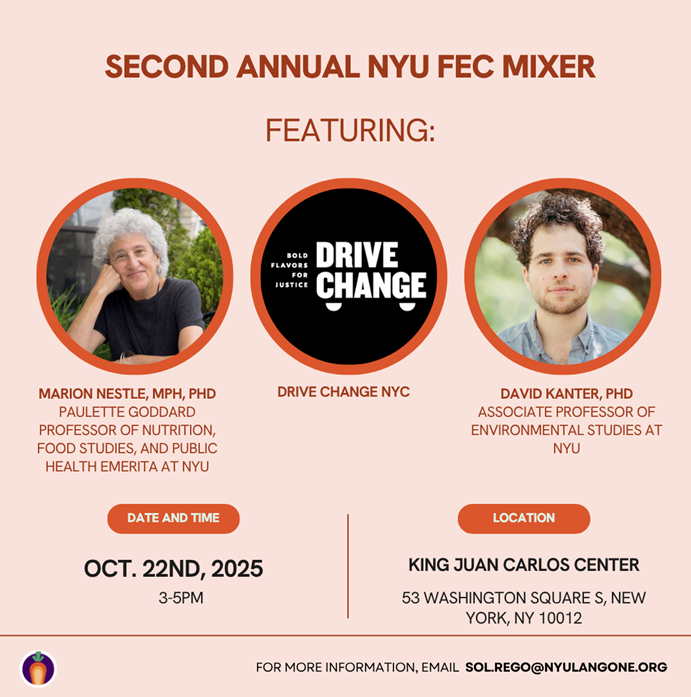Nutrition in Medical Education: this again? Apparently so.
HHS Secretary Robert F. Kennedy Jr has announced that medical schools will now have to teach nutrition. This is a great idea in theory; in practice, no so much,
First, here’s what RFK Jr is saying:
I can’t believe I’m writing about this again.
I taught nutrition to medical students at the University of California San Francisco (UCSF) School of Medicine from 1976-1986. The lack of nutrition training in medicine had already been an issue under discussion since the early 1960s. Not much has changed since then.
Why?
Have you been to a doctor lately? If so, how much time did you have?
Even if your doctor has a degree in nutrition, she doesn’t have time to take a diet history and work with you to improve your particular diet. She also will not get reimbursed for that time.
Nutrition can be complicated as applied to specific disease conditions. Who is going to teach it?
I think doctors only need to know three things about nutrition.
- The importance of diet for good health
- How to refer patients to a dietitian/nutritionist
- How to work with a dietitian/nutrition to improve patient care
Yes, doctors can also write prescriptions for healthy foods, if they are involved with a Food Is Medicine program.
But the single best way to deal with the nutrition issue is to refer patients who need help to a dietitian/nutritionist.
I sure hope that is Number 1 on the required curriculum.
Two previous posts on this topic:
-
From 2014: No nutrition in medical education? An old story that might be changing.
I wrote almost identical articles in the 1980s based on my experience at UCSF (here’s one).
I asked a former UCSF colleague, Dr. Robert Baron, to co-author the commentary with me: Nutrition in Medical Education: From Counting Hours to Measuring Competence.
-
From 2024: Some thoughts about the current state of nutrition I: Medical Education
I wrote my first book, Nutrition in Clinical Practice, in which I briefly summarized what all of us at the time thought medical students needed to know. The book was published in 1985, and is long out of print. In 2020, a used copy was available on Amazon for $930 (even more surprising, it is no longer on that site).


